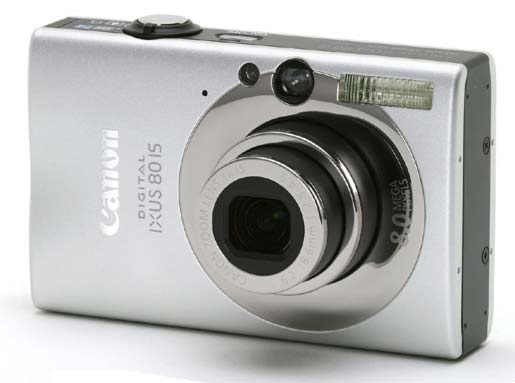In a move to cut costs and increase competitiveness Canon has revealed plans to move to fully automated digital camera production. This would enable the company to keep the factories and technology within Japan yet cut costs, rather than moving factories abroad to use cheap labour in places like China, Indonesia and India.
A Canon spokesman, Jun Misumi, today said that robots wouldn’t be stealing jobs from humans and was confident that no jobs would be cut as a result of full automation “When machines become more sophisticated, human beings can be transferred to do new kinds of work.” he offered in explanation. So skilled workers can become less skilled, lower paid and easily replaced maintenance people I would guess.
Canon has to be competitive to survive in the world today so it must have estimated greater benefits to full automation compared with factory re-location. In defense of their decision it must be said that while there are examples of production involving more robots becoming more efficient and of higher quality through preciseness the opposite has been observed when moving factories from 1st world Japan to the emerging economies. Also when exporting production to a country like China you have to be careful with your quality levels, intellectual property and be able to handle a whole new working culture.

A Canon compact digital camera
Preference of 1st world produced goods over those from the cheap labour source countries is evident in prestige goods, so it might also be wise for Canon to retain their “made in Japan” labels on their cameras. Cameras have a history of being a luxury item. A very good example of production location based pricing is the electric guitar industry where one of the biggest companies in the market, Fender, make similar standard models in various countries with very different prices attached to the various “Made in USA (Japan), (Mexico), (China)” labels. Meanwhile in the Pringle sweater shop I frequent, the lady behind the counter informs me many people ask specifically for the “Made in Scotland” items.
Canon cameras are still selling extremely well and Canon have increased their 2012 profit forecast by 16 per cent recently in the face of competition from ever more capable smart phone camera facilities. Adapting while in this position of strength shows good proactive planning. It’s a shame about de-skilling their workforce though.






